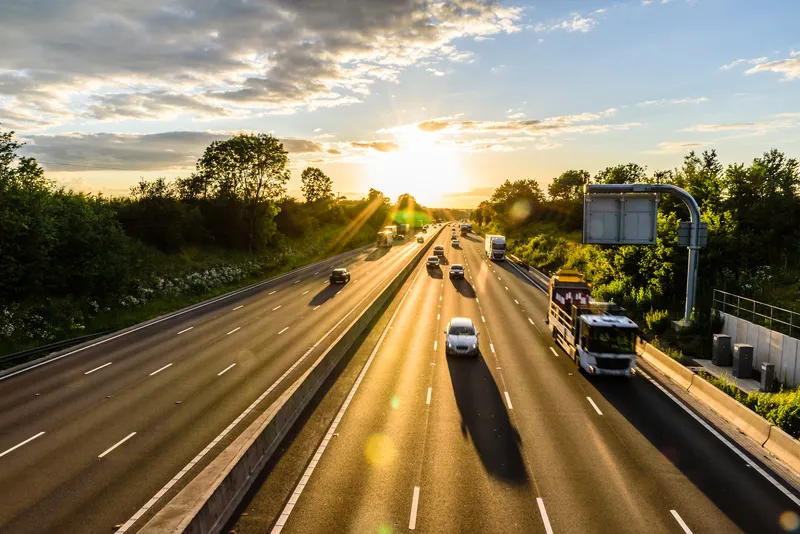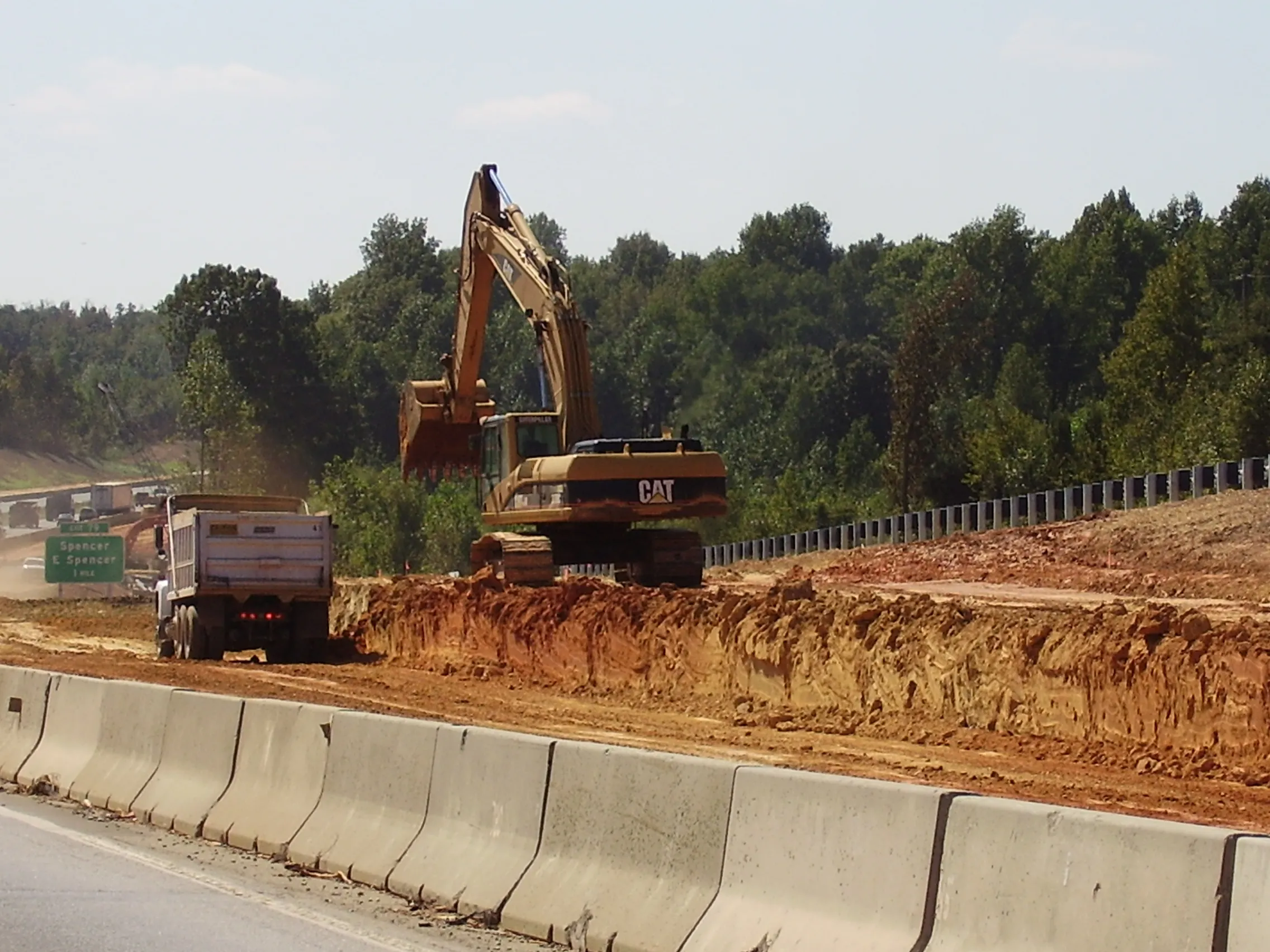The Austrian Industrial Association (IV) has called for a road pricing system under which drivers would pay less for owning a car but more for using it. This could lower CO2 emissions. The IV's general secretary Peter Koren said that currently those who d
April 23, 2012
Read time: 2 mins
The Austrian Industrial Association (IV) has called for a road pricing system under which drivers would pay less for owning a car but more for using it. This could lower CO2 emissions. The IV's general secretary Peter Koren said that currently those who do not drive very much are subsidising those who drive a lot.
The organisation looked at variations in which all roads were included, and in which only motorways and fast roads were included. It concluded that while it would be better to include all roads, it would be easier to introduce a pricing system only on fast roads. The average price per kilometre could vary depending on which taxes had been abolished in return; if the vignette, special tolls and the NoVa were abolished, it could cost EUR 0.05 (USD 0.07) per kilometre. If the car insurance tax were to be abolished too, the price would increase to EUR 0.10 per kilometre. However, the price could be adjusted depending on the time of day.
The Austrian government has previously rejected the idea of road pricing because of the disproportionately increased prices for commuters, but the IV said that commuter tax breaks would be enough to make up for this. The organisation is keen to reduce CO2 emissions on the roads, as then industrial companies would have to contribute less to the country's overall CO2 emission reductions.
The organisation looked at variations in which all roads were included, and in which only motorways and fast roads were included. It concluded that while it would be better to include all roads, it would be easier to introduce a pricing system only on fast roads. The average price per kilometre could vary depending on which taxes had been abolished in return; if the vignette, special tolls and the NoVa were abolished, it could cost EUR 0.05 (USD 0.07) per kilometre. If the car insurance tax were to be abolished too, the price would increase to EUR 0.10 per kilometre. However, the price could be adjusted depending on the time of day.
The Austrian government has previously rejected the idea of road pricing because of the disproportionately increased prices for commuters, but the IV said that commuter tax breaks would be enough to make up for this. The organisation is keen to reduce CO2 emissions on the roads, as then industrial companies would have to contribute less to the country's overall CO2 emission reductions.








